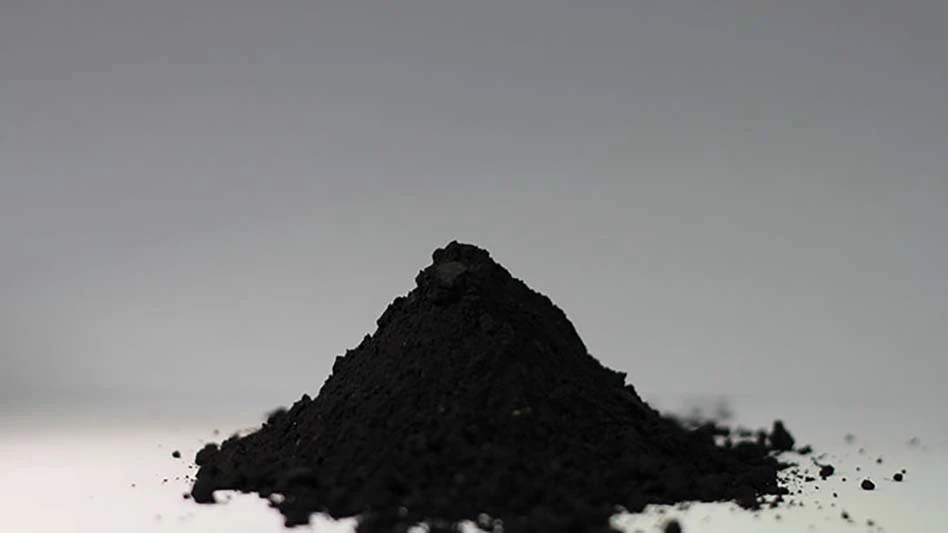After the annual BDSV conference, which took place in Darmstadt, Germany, in mid-October, the association says economic conditions include an energy crisis, preservation of free world trade for steel scrap and framework conditions for steel recycling companies, and overall means there are “adverse circumstances” for the ferrous scrap sector in Germany as it enters 2023.
Since the first quarter of 2022, BDSV says “the economy has cooled significantly” and “the steel industry is reacting with massive production cuts” in the third and fourth quarters of this year.
“Poor sales opportunities for finished steel by Turkish consumers are causing little movement in the deep sea market. Germany as a production location is losing competitiveness due to high energy costs, also in a European comparison," the BDSV writes regarding ferrous scrap recyclers in particular. "Low water levels exacerbate ongoing logistics bottlenecks in the summer and lead to higher demand for rail transport. Due to the prioritization of energy transport by rail from autumn, there is hardly any relaxation in sight in the medium term.
“Trading in steel scrap is preparing for a difficult final quarter," the group concludes. "High energy costs are still to be expected. However, the climate-friendly and resource-saving raw material from recycling is in demand worldwide. Free trade in steel scrap is a prerequisite for being able to compensate for domestic fluctuations in demand.”
The organization says that “threatened trade barriers due to the revision of the EU Waste Shipment Regulation (VVA)” remain a predominant concern. “The preservation of free world trade for steel scrap is a topic of central importance for the BDSV and its partner associations at EU and federal level. The BDSV has clearly and repeatedly pointed out that the free world trade of steel scrap is of existential importance for German and European recycling companies. Currently, only about 80 percent of the steel scrap generated in Europe is taken by steel mills and foundries. Almost 20 million metric tons of the climate-friendly raw material from recycling are exported from the EU to OECD and non-OECD countries.”
BDSV continues, “Restricting trade and the consequent foreclosure of the end markets for recycled raw materials will have a negative impact on waste collection, recycling and investments to expand recycling capacity. The proposed export restrictions risk significant job losses in an industry whose competitiveness largely depends on its ability to market recycled raw materials to cover the costs of proper waste management. The BDSV therefore requires the legislator to differentiate between raw materials from recycling and untreated waste in connection with the VVA.”
BDSV also weighs in on the labor market in Europe, saying that “personnel shortages in the industry remain acute – and the trend is rising.” The association adds, “The issue of staff shortages remains acute in the steel recycling industry and the ongoing demographic change will continue to exacerbate this issue.”
Get curated news on YOUR industry.
Enter your email to receive our newsletters.
Latest from Recycling Today
- Tariffs target steel exporters Brazil, Canada and South Korea
- Buy Scrap Software to showcase its software at Scrap Expo in September
- LG details recycling activities
- Algoma EAF is up and running
- Toyota-Tsusho completes acquisition of Radius Recycling
- CATL, Ellen MacArthur Foundation aim to accelerate circular battery economy
- Commentary: Expanded polystyrene is 98 percent air, 2 percent plastic and 100 percent misunderstood
- AMCS appoints general manager for North America






